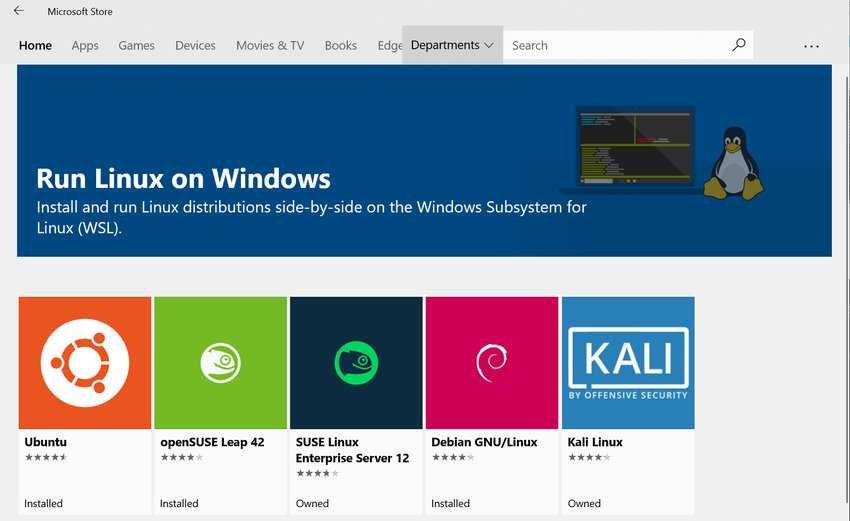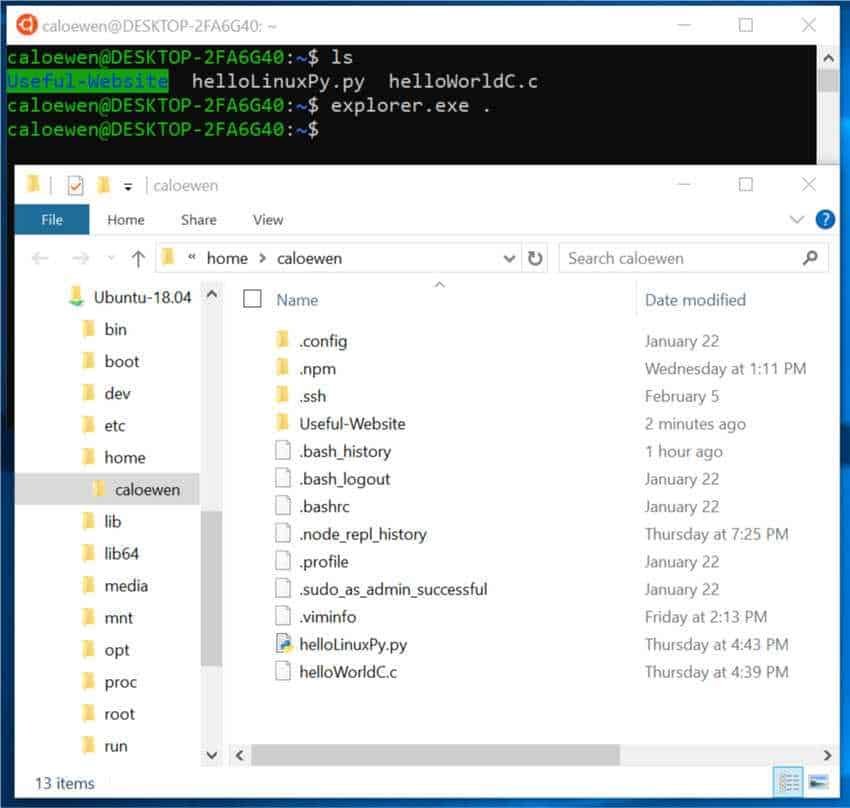Microsoft is preparing the April 2019 version of Windows 10, also known as version 1903, and in a blog it presented some of the changes that are coming. One of the major improvements is the addn supports for archives Linux.

To the Lady information of Windows 10 that will be released in April 2019 will also include the ability for users to view and manage Linux files using File Explorer, the default file manager in Windows 10.
This option so far is part of Windows 10 build 18836, which is actually a preview of the update Windows 10 for April 2020 (yes you see right, we did not make a wrong date), but Microsoft says it will be released with the 1903 version, this spring.
The manufacturer explains that the application is very simple. Just type explorer.exe into your favorite Linux distribution installed on Windows 10 with WSL and the command should open as part of a drive, a File Explorer window with the Linux files available.

Users will be able to do almost anything with Linux files, just as they can on a Windows 10 device. According to Microsoft you will be able to access all Linux files as you would any other file through File explorer. Features will include such as: transport αρχείων προς και από άλλες τοποθεσίες, αντιγραφή και επικόλληση και ακόμη και ενδιαφέροντα σενάρια, όπως η χρήση του μενού περιβάλλοντος για να ανοίξετε το VSCode σε έναν κατάλογο WSL.
The April 2019 update of Windows 10, or version 1903, is going to be finalized next month. Its release to the general public will begin in April and will take place gradually on all computers, worldwide.





